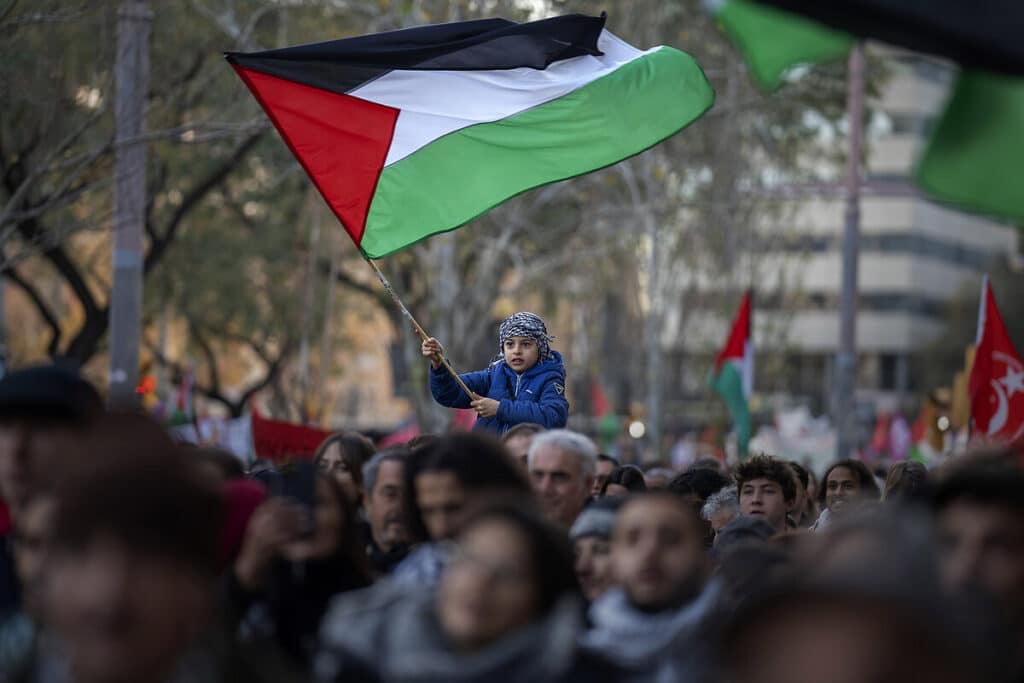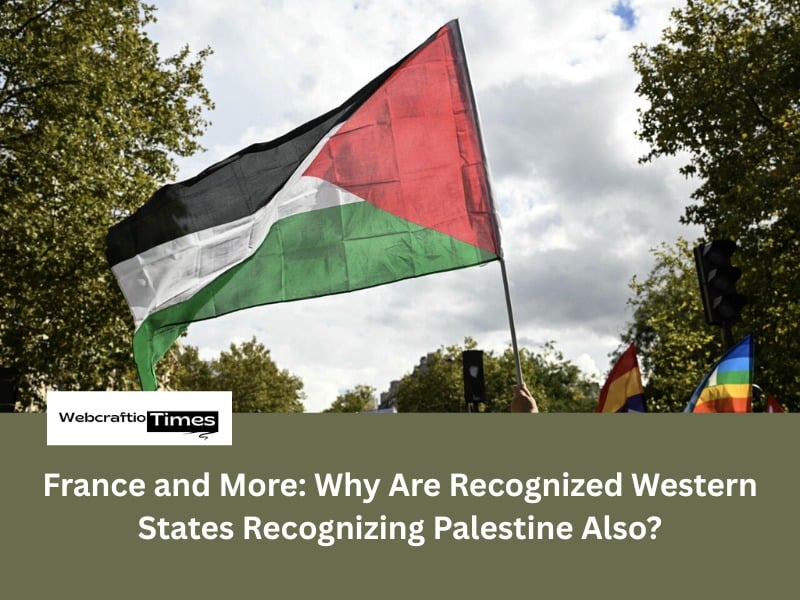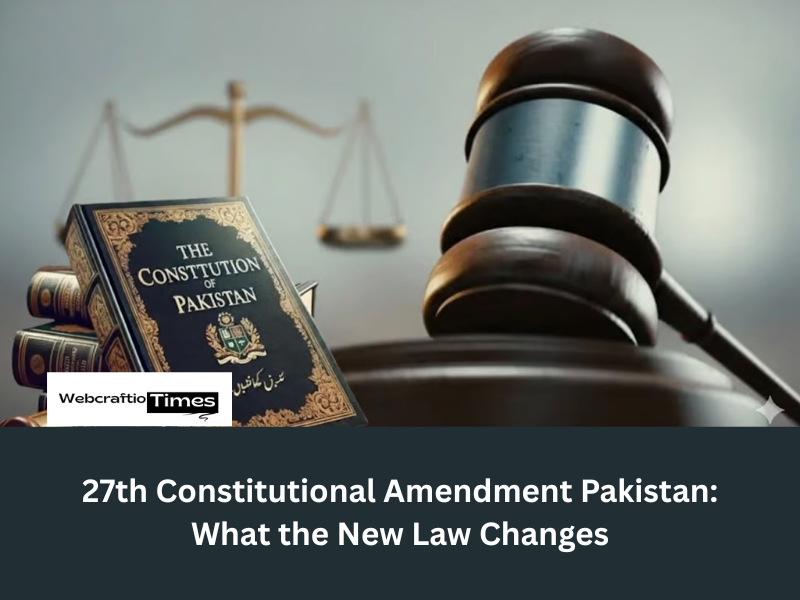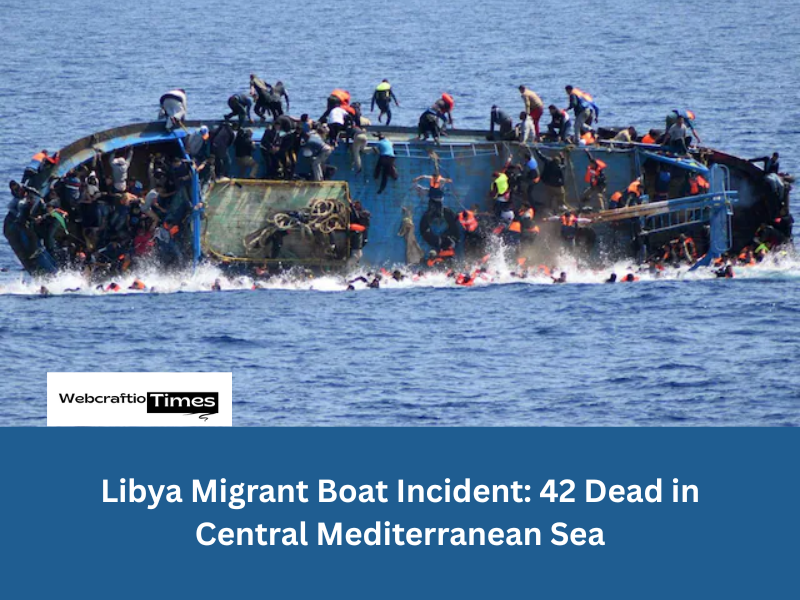In a notable revision of foreign diplomacy, France and a number of other aligned Western nations have declared recognition of a Palestinian state, accepting Palestine as a state for the very first time.These aligned announcements, coming fast on the heels of one another, represent a sharp change in the approach to the Israeli Palestinian construct, and a change in policy.
While these announcements have yet to translate into concrete physical changes, in and of themselves, these announcements are primarily symbolic, and seek to add new vigour to a long dormant peace process. This article will analyze the motivations for this sudden recognition, and in other contexts actions, while also offering possible future relevant scenarios for this critically important region.
Recognition of Palestine by the Global Community
For a long time, some members of other states have recognized Palestine. Of late, a number of pronouncements have internationalized the issue, and these pronouncements give members like France attention, which is, however, somewhat misleading as, most in the global south have long recognized statehood of Palestine.
- Indeed, Palestine has been recognized as a state by close to 130 out of 193 members of the United Nations.
- The most recent developments, however, focus on a subset of Western European states that have traditionally been aligned with Israel and have been reluctant to take this step without peace.
Countries Recently Recognizing Palestine
Spain, Ireland, Norway, and Slovenia have also recently launched their own diplomatic initiatives regarding recognition of Palestine, along with France and with more traditional geopolitical actors like the United Kingdom, Canada, and Australia, which have been feeling more internal pressure and debate about recognition. All of these countries together, and many others, indicate a great maverick shift towards a confrontation of the conflict on a more traditional level.

Read More : Saudi Arabia-Pakistan Defence Pact: A Game-Changer for Regional Geopolitics
The Historical Background of Palestine.
History traces the roots of a Palestinian state to much earlier times, making it more than just a modern idea. The independence of a Palestinian state was lauded post the displacement of Palestinians in the Arab-Israeli War of 1948 and the subsequent wars with the Arab countries.
The PLO embraced the proclamation of independence of the State of Palestine in the year 1988 and laid claim towards the United Nations Resolution 181, which was the1947 partition plan, and the UN Resolution 194 which concerned the return of refugees.
For the last few decades, international diplomacy, especially of Western countries, held that direct negotiations with the Israelis intrinsically bound the creation of a Palestinian state. The “two-state solution” has, ever since, formed the cornerstone of international efforts to promote peace and has dedicatedly provided for the existence of an independent Palestinian state.
However, the increasing longevity of the stall has led to the approach being more and more questioned. There has been a conviction that global pressure and recognition of Palestine are now necessary to advance the stalled process.
Key Factors Driving Recent Recognitions.
Understanding the contemporary recognition phenomena requires an understanding of several, more often than not, interrelated factors that seem to be responsible for this bottom-up shift.
The Stagnation of the War and Peace Process
Arguably the most important one is the stagnation of the peace process. Formal, direct negotiations have been lacking for the last ten years. There is minimal progress on pivotal issues borders, settlements, Jerusalem and the refugees.
Experience has proven that the old ‘first negotiate recognition and then proceed’ approach is utterly outdated and has failed. For some, recognition is a step to remove the imbalance of the existing power relations and the offer for the negotiations to come.
Global Discontent concerning Settlement Expansion
Israeli settlements in the West bank have almost undeniably increased in expansion, creating a severe point of conflict for the “two-state solution” proposal, which cites an east bank Palestinian state adjacent to Israel. These settlements are, in almost all cases, contrary to international law. However, their expansion almost makes it impossible to secure the land strategically needed for a Palestinian state. The more recent recognitions are a sign of international frustration and express the fact that such activities do not promote conditions for peace.
Human rights abuses and humanitarian concerns
Humanitarian and human rights issues, specifically concerning Gaza, the issues of Palestine and ongoing efforts in the humanitarian community, have also had an effect. Observers are recognizing more and more passive forms of support for these causes.
The international community is increasingly sympathetic toward Palestine, viewing its residents through the lens of struggle, while the violence against them fades from memory.
Changing geopolitical landscape and regional instability
The geostatic theory also has some geopolitical dimensions. The Middle East still experiences turmoil and geopolitical instability, and experts consider the isolated Israeli-Palestinian conflict one of the region’s most unstable subsystems.
It is possible that some states may perceive recognition as a means of contributing to sustainable stability envisioned by upholding the dual-state rights of both peoples. There is also the prevailing notion that the prolonged existence of the conflict has ramifications for global international relations and security.
Domestic political pressure and public opinion
In many of the recognizing countries, it seems that the public has autonomy and is freely dominant under some form of theocratic political oligarchy. Polish authorities repress executive rule and impose it through enforced differentiation.
Activists, particularly women, and members of ethno-diasporic communities have strongly infused a hardened perspective. Recognition may ease influence and serve as a key factor in driving emerging political changes.
Influences of the Dynamics of The European Union
Even if it is not a singular decision, the actions of France, Spain, Ireland, and others demonstrate a developing momentum within the European Union. As opposed to the European Union as a whole not recognizing Palestine, the actions of individual member states does the opposite and creates a domino effect and applies pressure to the rest.
It indicates a possible change in European foreign policy, taking on a more proactive stance regarding the issue.
What is Recognition Worth?
There is a significant difference between symbolic recognition and recognition that brings change on the ground. A country that recognizes Palestine acknowledges the existence of the State of Palestine as a sovereign state. This recognition encompasses:
- Diplomatic Relations: A formal acknowledgement that may lead to the establishment of full diplomatic relations, as well as the exchange of ambassadors and bilateral agreements.
- International Position: The Bolstering of Palestine’s position in the international sphere enabling it to take more active participation in international organizations and to sign treaties.
- Symbolic Relations: The Act of providing a political message of support with the intention of promoting Palestinian self-determination and the two state solution.

However, recognition normally doesn’t change the borders of the Palestinian state, finish the occupation of Israel, or directly tackle the issue of settlements or Jerusalem. Diplomatic talks are expected to resolve these issues, and recognition will strengthen Palestine’s position in future negotiations.
Potential reactions and consequences
The recent recognitions have received mixed reactions all over the world.
- Israeli reaction: Israel has a long-standing position against Palestinian statehood recognition, claiming that it biases the outcomes of future negotiations, and that the Palestinian leadership is rewarded without a concession for the concessions that they should make.
These officials claim that such decisions undermine the peace process while they are, in fact, the result of political pressure. This position has diplomatic consequences, such as the recalling of ambassadors alongside the issuing of harsh statements.
- Palestinian Response: Unlike the previous groups, the Palestinian leadership has largely supported these proclamations, viewing them as a win in the diplomatic battle and a step closer to full statehood. Palestinian leaders believe these recognitions strengthen the claim to statehood and will help rally global support for Israel to resume real negotiations.
- Future Peace Negotiations: In respect to future peace negotiations, the impact is fully undetermined. Supporters of recognition assert that it strengthens Palestine’s position and provides greater context to the two-state solution, providing a clearer endpoint for negotiations.
Detractors say it reduces the incentives for negotiations, providing to Palestine what they would sustain as a constructive outcome of the negotiations.
This new wave of diplomacy could result in:
- Initiation of Further Negotiations: By shifting the diplomatic calculus and encouraging both sides to re-evaluate their positions.
- Stubborn Retrenchment of Positions: If Israel perceives as being unduly targeted and therefore, is less inclined to deal with the countries that have extended recognition to Palestine.
The Road Ahead: Prospects of the Two-State Solution
Recognition of Palestine by France and a few other Western countries is a watershed event in the lengthy chronicle of the Israeli-Palestinian conflict. It is a response to a growing international norm of impatience with the lack of progress and the belief that business as usual will not deliver the outcomes required.

Recognition will not and cannot deal with the myriad issues which are entangled in this conflict, but it does change the framework of diplomacy. It alters the narrative dramatically and suggests that the international order is supportive of the two-state solution, and it underscores that the issue of the Palestinians is central and that the people deserve the right to self-determination.
The pivotal question moving forward is how to use this new focus of the world’s attention to generate real movement toward a sustainable and just peace for both Israelis and Palestinians. There is still a long and complicated way to go, but this surge of support has certainly reached an epoch in the middle east peace process.
FAQS
1. Recently, Palestine has been granted recognition from France and other Western nations. What is the reasoning behind this?
Recognition of Palestine is an attempt to revive the two-state solution which has been stalled for decades. It is an effort to provide new impetus to the stalled negotiations and to signal a change in the approach to diplomacy.
2. What does it mean for a country to recognize Palestine?
Recognition in this context is a symbolic diplomatic act. It offers a Palestine a sovereign state status and can result in complete diplomatic relations. Although it does not alter the status quo, recognition Palestine does raise its standing in the international system.
3. Approximately how many countries recognize Palestine?
Over 150 of the 193 member states of the United Nations recognize the State of Palestine. The recent recognitions of Western nations are especially important because they include nations that are historically strong allies of Israel.
4. What is the two-state solution and how does this relate to it?
The international community supports the two-state solution, a framework for peace that envisions an independent Palestinian state alongside Israel. By recognizing Palestine, these countries are explicitly reaffirming their commitment to this solution.
5. What has been the response of Israel and the United States to this?
Israel has strongly opposed the recognitions, calling them a ”reward for terrorism” and claiming they jeopardize efforts to achieve peace. The United States has also been critical, arguing that a Palestinian state should emerge from negotiations, not from recognition granted unilaterally.



